So why is Yugioh Banned at D20 Games, anyway?
I just got an email from someone looking for a place to have his 12 year old son to come and play Yugioh, and I was about to tell him the tale of why it is banned at the store, and why I recommend steering him away from Yugioh when I realized that it’s been a long time since I told the story and it was probably worth putting it where everybody could see.
Yugioh is one of the big collectible card games, and was a pretty big part of the store when I acquired it back in 2011. We would get 40-60 people coming in on Sundays, and it represented about 1/3 the business of the store. But I gave it a partial ban in 2012, followed by a complete ban after we had the big break in that almost killed the store.
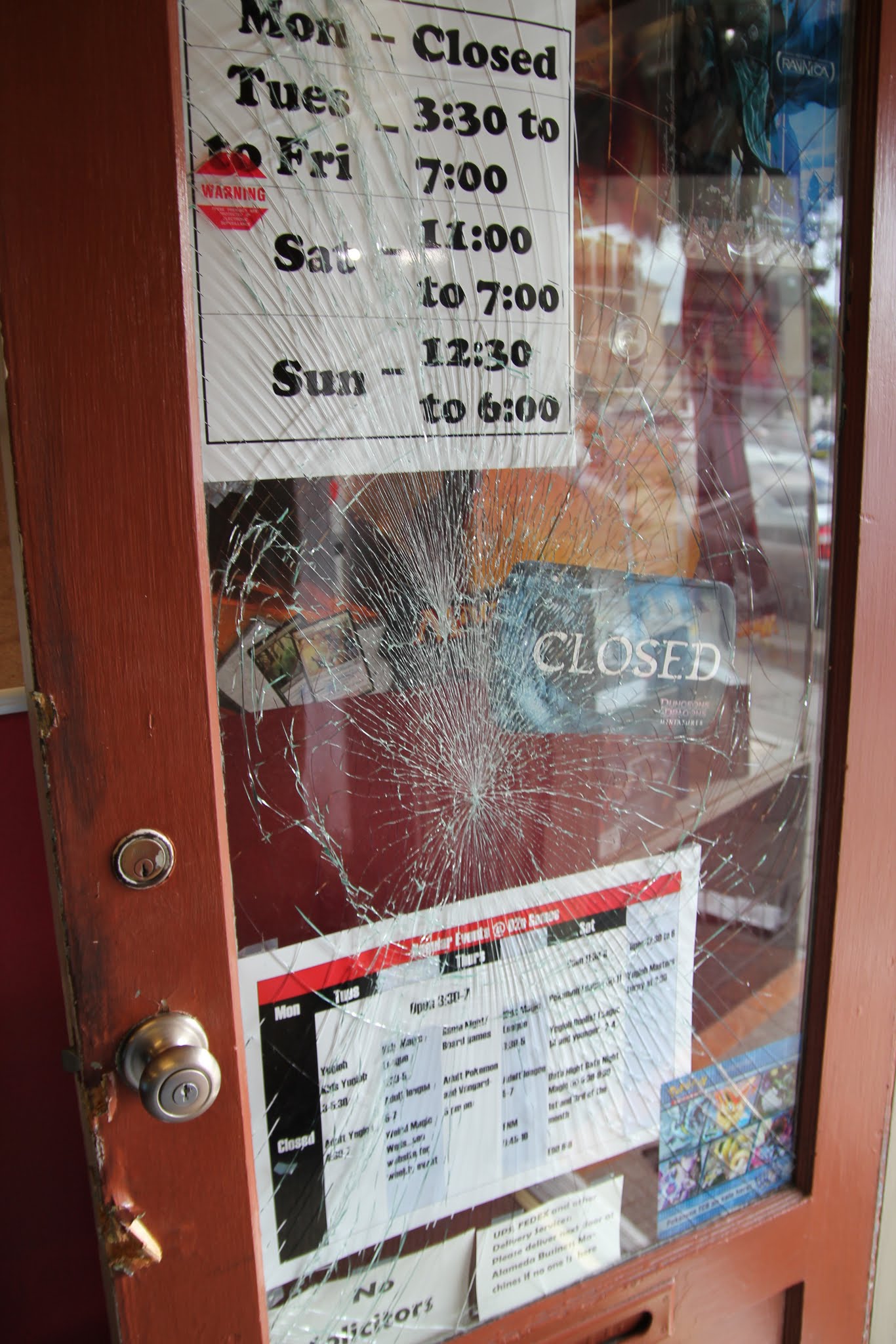
So Why Ban Yugioh?
So with all due modesty, I’m a good guy, and have a firm but gentle touch with people, including tweens and teens. (I used to teach Karate to kids.) I can pull people aside and talk to them about behaviors that are not ok without shaming them or making them feel angry or resentful. And I spent a lot of time getting to know the community, participating and getting to know the individual players. But our Yugioh days contained 90% of the trouble we had at the store. It seemed any deck or cards left attended would be stolen the moment someone’s back was turned, we had a huge amount of issues with people taking advantage of others in trades, bad language and people getting really angry, sometimes to the point of fights over games.
After the break in, I went to a big conference of game store owners from around the country and was shocked to find out that the problems we had had were present at stores as far away as Philadelphia, and were only with Yugioh. I spent a long time trying to figure out why this was…it was just a game, after all. Finally I came to a theory, and the more I’ve thought about it, the more I became convinced it is correct. There seems to be a fundamental design flaw in the game end’s up not only fostering, but training bad behaviors. Those have become part of the tone/culture of poor behavior/ethics that riddles the Yugioh community.
Yugioh-Magic “fixed”?: Yugioh was invented by a guy that was an old Magic player. He hated the idea of what’s called set rotation. (Basically, only the last couple of years of cards are used in the most common competitive format.) He wanted all the cards that were created in his game to be used all the time. The problem with that has to do with the nature of collectible card games. See the cool part of these games is that there are basic rules, but the new cards get to introduce new rules that change the game. That’s really great, but as you get more and more rules, if you aren’t careful, you get combos of the card that just came out with a card from 5 years ago that becomes powerful enough to break the game. Games like Magic the Gathering and Pokemon spend a huge amount of time looking out for these kinds of combos, but Yugioh doesn’t do quite as good a job. Add that by having all the cards available to play with, after a few years the game started to be defined by these game breaking combos. What it meant was the best decks don’t just win, they utterly crush not so great decks.
Badly training the Young; So here is where things start to go wrong. Imagine you are a 8 or 9 year-old, taking your first deck to go play with your buddies at school. You don’t just lose, you get crushed. You go home to your parents, tears in your eyes from the humiliation. If your parents have means, they come to a store like we used to be and buy better cards so they don’t have to see that look again. If not, the kid has several choices.
- “This game is stupid, I’m not playing it anymore”. Probably a good choice, but kids aren’t usually wired that way.
- Trade for better cards. This seems good on the surface, but the cards they need are worth many, many times what the cards they have are worth. So they end up learning, at a pretty early age, to take advantage of less knowledgeable players. This is something we deal with directly in all of the collectible card games, and when a kid gets taken advantage of, they can either decide to talk advantage of the next person or to never make anyone else feel as bad as they do now. It is one of the fundamental building blocks to becoming an honest person or not.
- Stealing: See the deck that beat them in the kids backpack….
This isn’t the majority of kids that end up down a bad path, but it is enough that starts to seriously influence the ethics of the community. There are a couple of additional things about the game that complete the story.
- Lotto Packs. All collectible card games have the “oh, what’s in this one” aspect that has been part of collectible cards since baseball cards. It’s true of Magic, Pokemon, etc. But Yugioh is an extreme with this. It was well known that of a box of 24 packs had about 8 that were were worth anything at all. It was totally common to watch people open packs, look for the ultra rare and throw the rest of the pack out if it wasn’t there. With this level of gambling mentality, it affects how people view the ethics of trading.
- Turn one win fury: With all the combos that could win the game running around, it becomes almost a coin flip to see who finds their combo first. If you’ve spent hundreds of dollars on your deck and your opponent gets his combo out first and locks you down, people tend to get, shall we say, cranky. This is why we had so many near fights during tournaments.
- “Dealing” trading cards: Because the cards that make these auto win combos are so critical in playing, they become fairly valuable. Add this to the culture of it being ok to take advantage of other people during trades, and you get people that are acting almost like the not so great version of dealers with the valuable cards.
 Unclear Rules=different kind of players. The unspoken truth of the kids who really learn to play Pokemon and the Magic players is that it tends to attract fairly intelligent people. Trying to figure out how to make different rules work together is a super interesting and challenging thing to do. The rules on the Yugioh cards can be so difficult to understand and obscure that instead of people figuring out their own cool things, they hear from someone else how that new cool deck work. That means that you get a fairly large percentage of the community that plays just for the chance to beat each other, or to try and make money off their wheeling and dealing for cards. There is often a more aggressive group of players that joins then what you would imagine would be attracted to playing a non gambling card game.
Unclear Rules=different kind of players. The unspoken truth of the kids who really learn to play Pokemon and the Magic players is that it tends to attract fairly intelligent people. Trying to figure out how to make different rules work together is a super interesting and challenging thing to do. The rules on the Yugioh cards can be so difficult to understand and obscure that instead of people figuring out their own cool things, they hear from someone else how that new cool deck work. That means that you get a fairly large percentage of the community that plays just for the chance to beat each other, or to try and make money off their wheeling and dealing for cards. There is often a more aggressive group of players that joins then what you would imagine would be attracted to playing a non gambling card game.
Not all Yugioh Players are bad, but enough: I’m not saying that this affects everyone, or even the majority of players. But it does change the tone of the community, the ethics and how they treat each other. I believe this enough that even though Yugioh was a full third of my business, I made the decision, as both a store owner and a father to ban the game utterly from the store. This was not something I did lightly or without a great deal of thought and consideration. Not only no sales, but no Yugioh cards are allowed at the store, and I actively do my best to encourage kids away from playing the game. I’m sorry for the good folks who like the game, but after 5 years, I have never regretted it, and to answer a frequently asked question, will never bring it back to the store. (I could use my access to sell it online and make a decent profit, but once I believed it was a bad influence, as a dad, I couldn’t do even that.)
But my kid wants to play Yugioh: For parents who’s kids (frequently Pokemon players who are looking to move on) are getting interested in Pokemon, I would strongly suggest gentle urging towards Magic instead. (You can bring them in and I’ll provide parental support. I may be the Peanuts “wah, wah” parents to my own kids, but for other kids, I’m the guy behind the counter at D20. I can use that bully pulpit to help with this so they don’t just end up seeing it as forbidden fruit.) Magic was the first of the games, and has the good stuff of the collectible card games, (social interaction, really using your brain, etc.) without that level of negative side effects. Probably the best feature is they can do what is called limited play. (Basically show up and do events where they play with the cards from the packs they get as part of the event. Everyone starts even, and it is a chance for them to play with the packs they collect. There are even team events that can be played with a buddy or even parent.) You still want to make sure they trade fair, and are get interested in the playing, not just opening packs, but it’s a good choice I have no problem recommending. Tell you the truth, I hesitated talking publicly about my observations about Yugioh, because I didn’t want that to get generalized unfairly to the rest of the collectible card games.

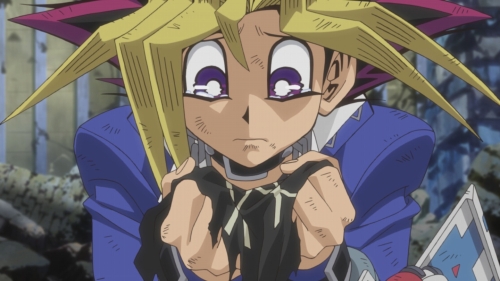
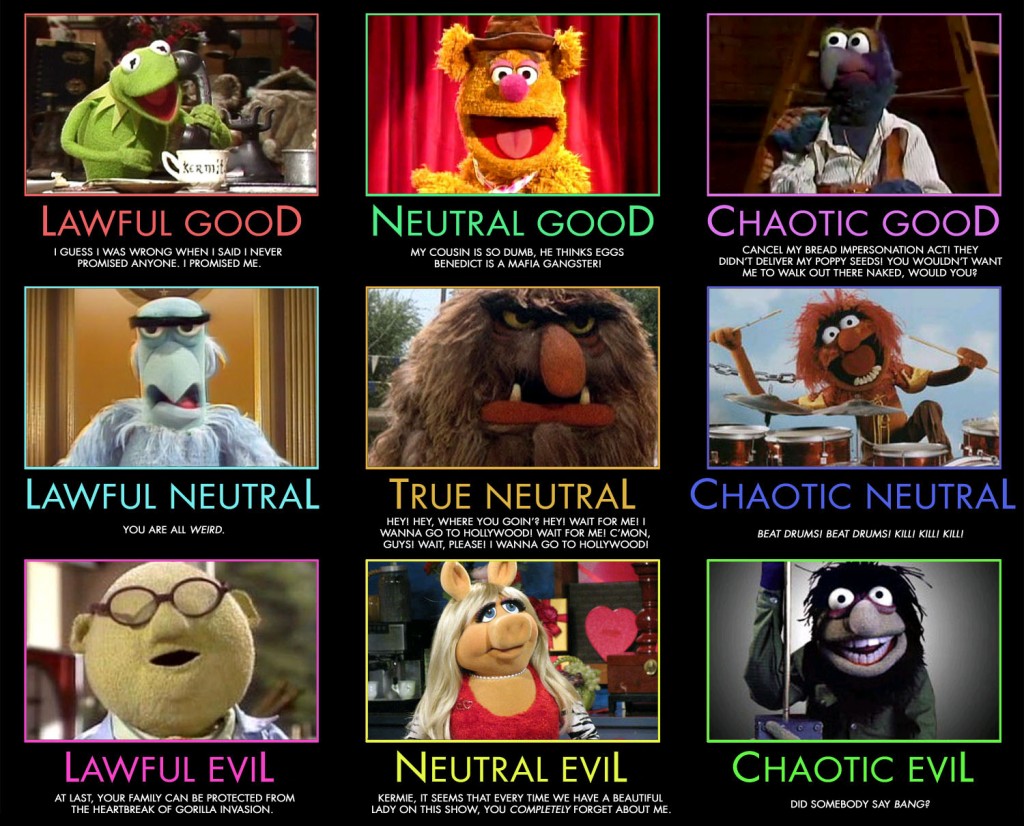
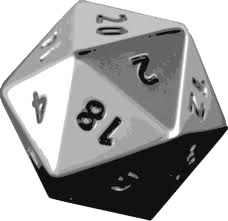
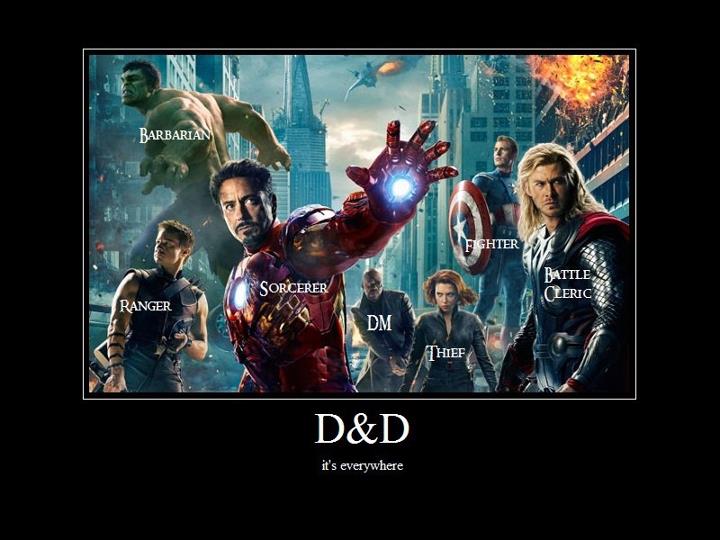
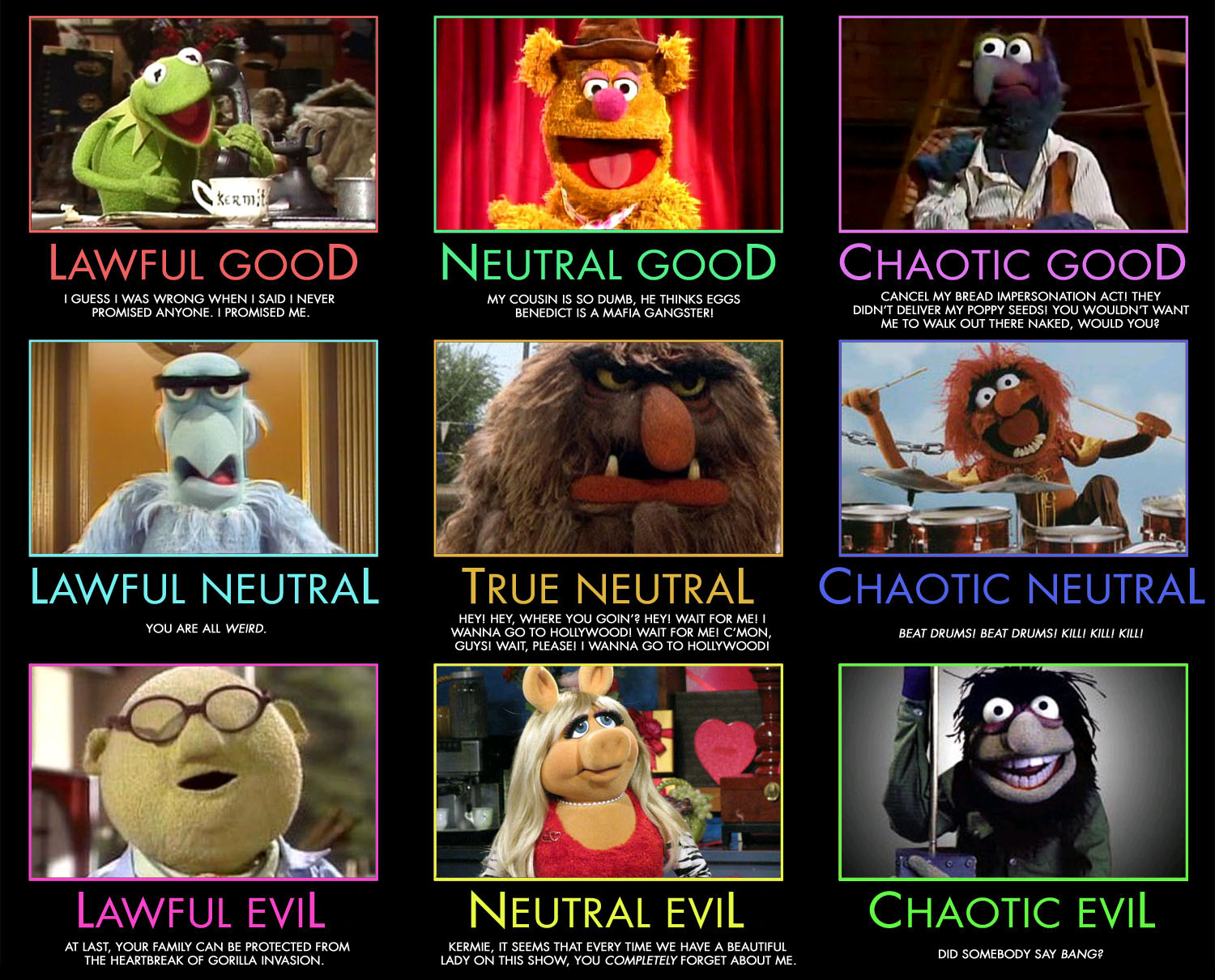
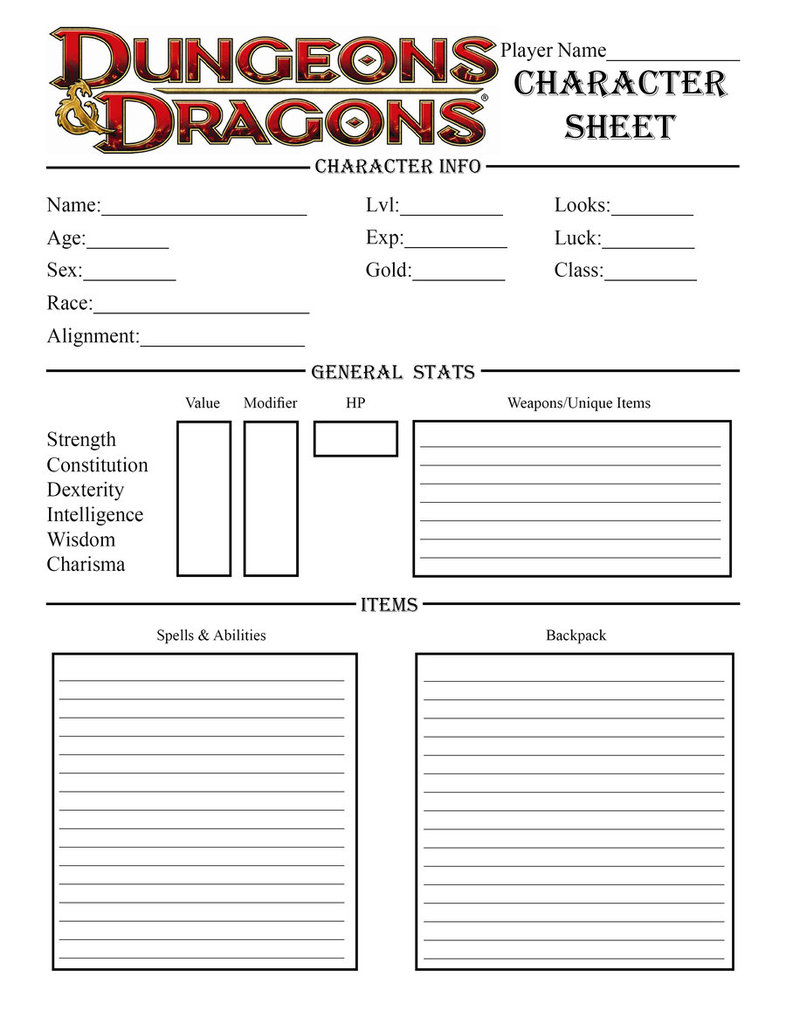 The DM–The guy that gets to have fun by not playing the whole time: The Dungeon Master, or DM, has a very important and sometimes tricky role. It is their job to have either created or familiarized themselves with the world and adventure that the players are going to encounter. They need to keep things moving at a good pace so people keep having fun in the world, and they have to strike a very careful balance between making the world so easy to defeat that there is no sense of real risk or drama, and making it so tough that the players feel like they are spending half their time trudging back to town to get resurrected They need to make puzzles that are solvable, but hard enough to be challenging, and they need to be open to the players creativity taking the story in a direction they didn’t anticipate. Common mistakes are to become the great and powerful OZ, manipulating the players into doing things they really don’t want to do, or being seen as vindictive and mean..being the enemy of the players, as opposed to their guide to a world they have never encountered. The best DM’s enjoy the story being told and it’s telling, and are open to knowing that the player’s creativity is a huge part of what makes that story fun for everybody, including them.
The DM–The guy that gets to have fun by not playing the whole time: The Dungeon Master, or DM, has a very important and sometimes tricky role. It is their job to have either created or familiarized themselves with the world and adventure that the players are going to encounter. They need to keep things moving at a good pace so people keep having fun in the world, and they have to strike a very careful balance between making the world so easy to defeat that there is no sense of real risk or drama, and making it so tough that the players feel like they are spending half their time trudging back to town to get resurrected They need to make puzzles that are solvable, but hard enough to be challenging, and they need to be open to the players creativity taking the story in a direction they didn’t anticipate. Common mistakes are to become the great and powerful OZ, manipulating the players into doing things they really don’t want to do, or being seen as vindictive and mean..being the enemy of the players, as opposed to their guide to a world they have never encountered. The best DM’s enjoy the story being told and it’s telling, and are open to knowing that the player’s creativity is a huge part of what makes that story fun for everybody, including them.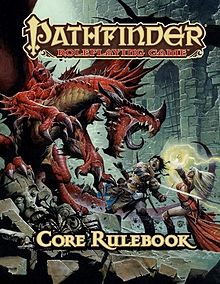

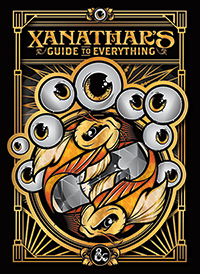

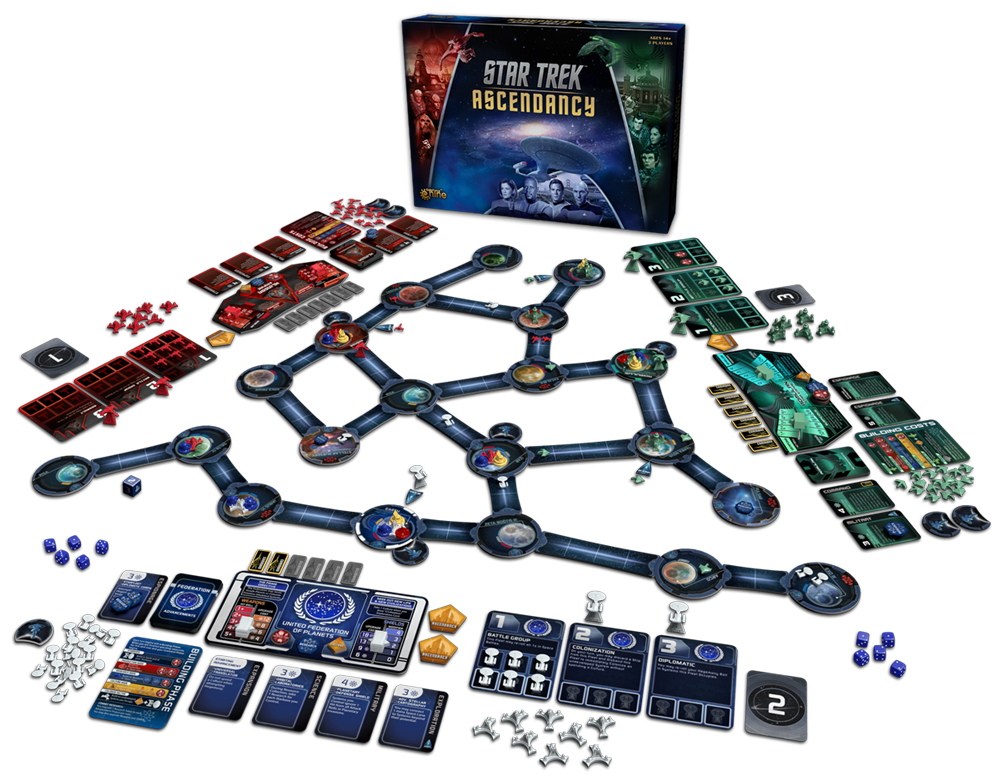



 carry it. That I called him back as soon as I could and ordered twelve, should give you a notion of how much we liked it. This is a blend of Star Realms like deck-building with a Risk like hunting down of the five spies of each of your opponents.
carry it. That I called him back as soon as I could and ordered twelve, should give you a notion of how much we liked it. This is a blend of Star Realms like deck-building with a Risk like hunting down of the five spies of each of your opponents.
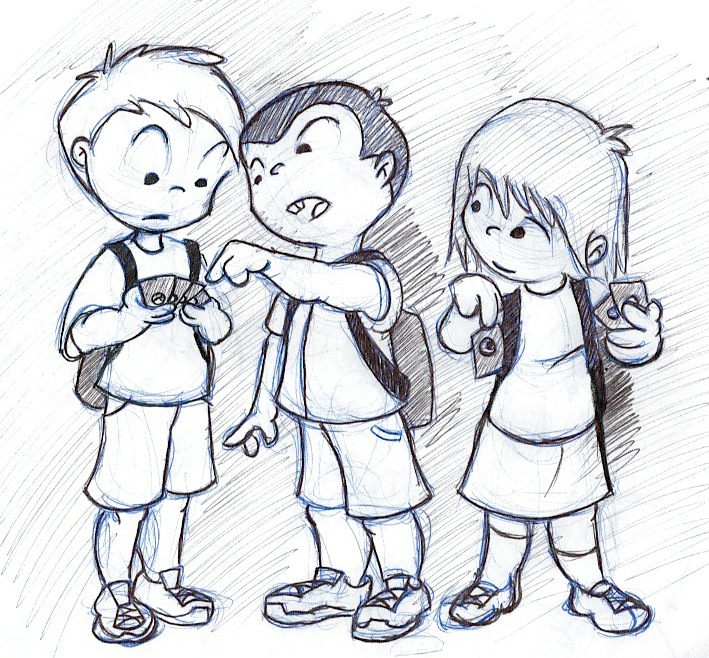
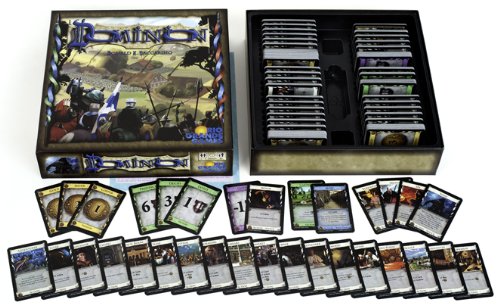


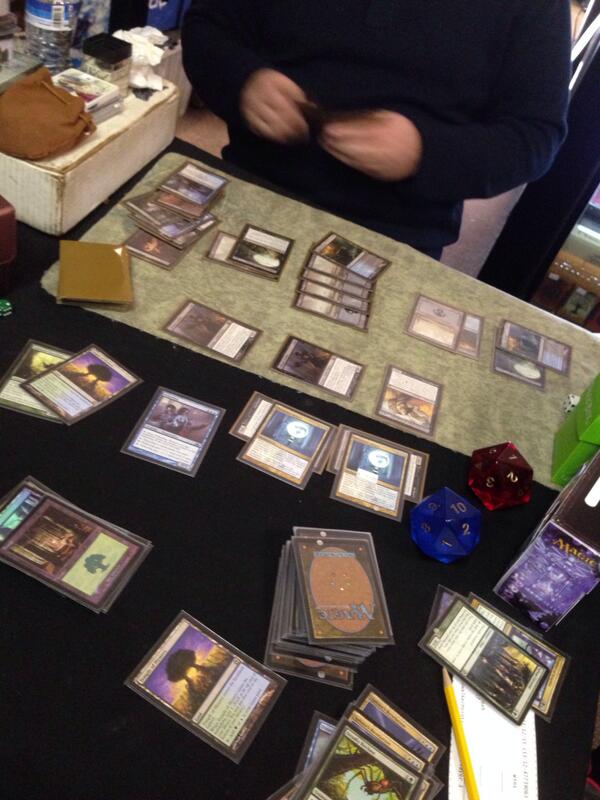
 One More Pack, just one more Pack… It’s super fun to open the packs…they could be anything until they are opened and the fun of opening and discovering a golden ticket of a card is a great feeling. But when the desire to open the packs completely eclipses the fun of playing the game or even sharing the cards with their friends, it can expose something that we, as parents, don’t usually get to see until much later (and usually when they are in the never listen to us phase.) If they keep wanting to trade all their good cards for a chance to open another pack, that is an impulse very akin to gambling, and one where I’ll have a chat with the kids to make sure they are more interested in playing the games that is an early version of being susceptible to gambling. Though both of these are a little scary, they are a great chance to get to work through these things at an age where the kids may still actually listen. 😉 On the other hand, the math, logic, reading and general sense of using their brains, combined with staying engaged with other people rather then computer or video screens makes it a great thing for kids to get into.
One More Pack, just one more Pack… It’s super fun to open the packs…they could be anything until they are opened and the fun of opening and discovering a golden ticket of a card is a great feeling. But when the desire to open the packs completely eclipses the fun of playing the game or even sharing the cards with their friends, it can expose something that we, as parents, don’t usually get to see until much later (and usually when they are in the never listen to us phase.) If they keep wanting to trade all their good cards for a chance to open another pack, that is an impulse very akin to gambling, and one where I’ll have a chat with the kids to make sure they are more interested in playing the games that is an early version of being susceptible to gambling. Though both of these are a little scary, they are a great chance to get to work through these things at an age where the kids may still actually listen. 😉 On the other hand, the math, logic, reading and general sense of using their brains, combined with staying engaged with other people rather then computer or video screens makes it a great thing for kids to get into.